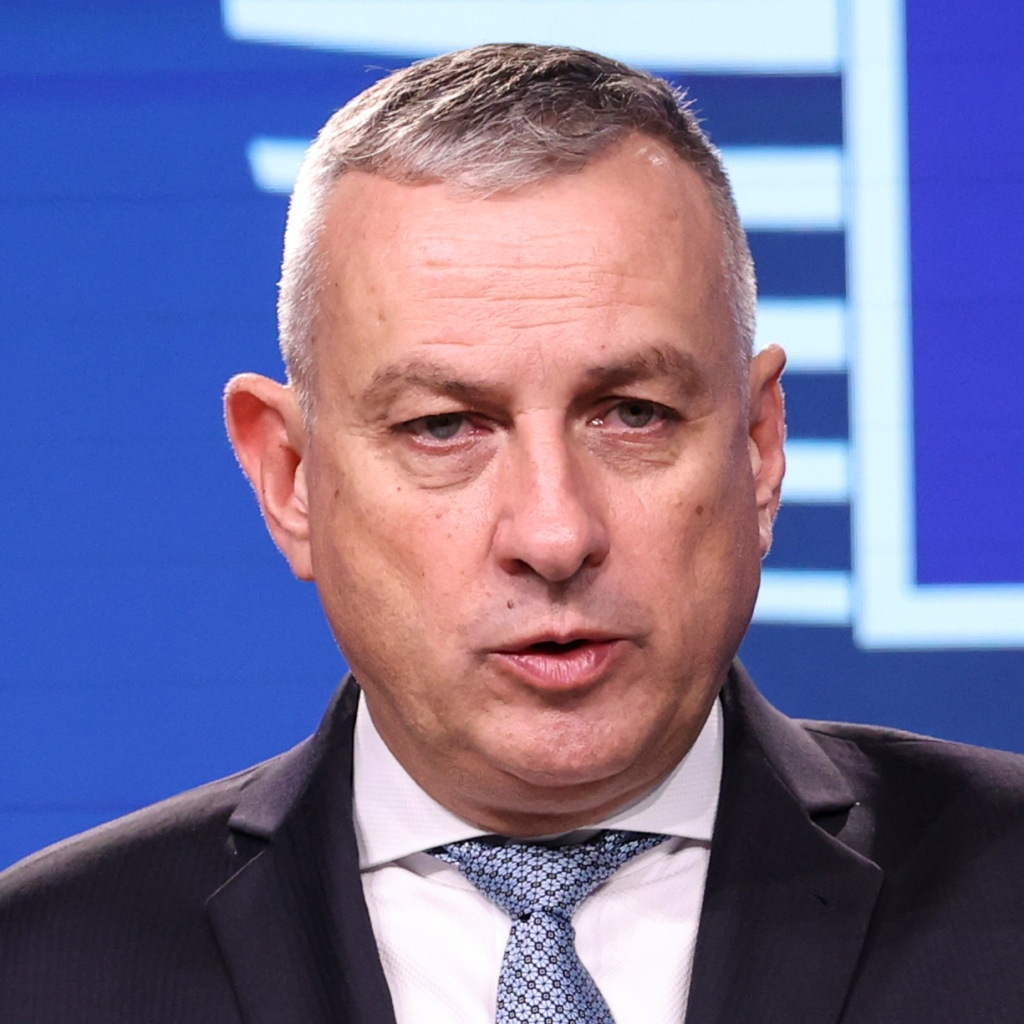
EU energy ministers today agreed on the content of a Council regulation laying down a temporary framework to accelerate the permit-granting process and the deployment of renewable energy projects. The regulation will introduce urgent and targeted measures that address specific technologies and projects with the highest potential for quick deployment and the least impact on the environment.

We have taken yet another step to fight high energy prices, improve our security of energy supply and reduce our dependence on Russian energy sources. More renewables in our grids will help us reduce our demand for fossil fuels and drive down energy bills. With these rules we will speed up permitting processes that are often too lengthy and cumbersome.
Jozef Síkela, Czech minister of Industry and Trade
The new temporary will rules set maximum deadlines for granting permits for solar energy equipment, upgrading existing renewable power plants (repowering) and the deployment of heat pumps. In addition, they will introduce a presumption of overriding public interest for renewable energy projects.
Solar energy equipment
Member states agreed that the permit-granting process would not exceed three months. Under certain circumstances, solar energy projects on existing artificial structures will be derogated from the requirement for a dedicated environmental impact assessment. The installation of solar energy equipment of capacity up to 50 kW, including for renewable people who produce solar energy for their consumption, will benefit from a tacit agreement after one month from their application, provided there are no issues of grid safety, stability and reliability.
Repowering of renewable energy power plants
The Council agreed on a maximum deadline of six months for the permit-granting process for repowering projects, including all relevant environmental assessments. Where repowering results in an increase of up to 15 % in the power plant’s capacity, grid connections will be permitted within three months.
Heat pumps
Member states agreed on a deadline of one month for the installation of heat pumps below 50MW and three months in case of ground source heat pumps. For specific categories of heat pumps, grid connections to the transmission or distribution grid shall be permitted following notification. Member states may exclude certain areas or structures to protect cultural heritage, national defence interests or safety.
Overriding public interest
The Council agreed that the planning, construction and operation of plants and installations for renewable energy production are presumed to be in the overriding public interest. This will allow such projects to benefit from a simplified assessment of several environmental obligations included in specific EU directives. Member states added a possibility to restrict the application of these provisions to certain parts of their territory, types of technologies or projects.
The Council agreed that the time during which the plants, their grid connections and the related necessary grid infrastructure is being built or repowered should not be counted within these deadlines. It also clarified that member states would be allowed to further shorten the deadlines of the permit-granting process.
The Council agreed to allow member states to apply the faster-permitting rules for ongoing permit requests.
The regulation will be valid for 18 months, after which the Commission will review whether it is appropriate to extend it.
Background and next steps
The Regulation is to be formally adopted by the Council, together with an agreement on the proposal for a market correction mechanism at the following extraordinary Energy Council.
The Commission presented its proposal on 9 November under article 122 of the Treaty on the Functioning of the EU, designed for emergencies. The proposal followed up on the European Council conclusions of 20 and 21 October 2022, which called for fast-tracking and simplifying permitting procedures to accelerate the rollout of renewables. It also built on REPowerEU presented by the Commission on 18 May 2022.
The proposal mirrors the provisions agreed upon in the Council’s general approach to the proposal to review the renewable energy directive currently being discussed between the Parliament and the Council. It aims to accelerate the permitting for renewables in the short term and a temporary manner until the provisions of the renewable energy directive come into force.
Energy from renewable sources can reduce the EU’s demand for fossil fuels, and thanks to their low operational costs, more renewables in the EU’s energy system can lower energy prices. However, lengthy and complex administrative procedures often hinder the speed and scale of investment in renewables and related infrastructure.
Source: Council of the EU Press release